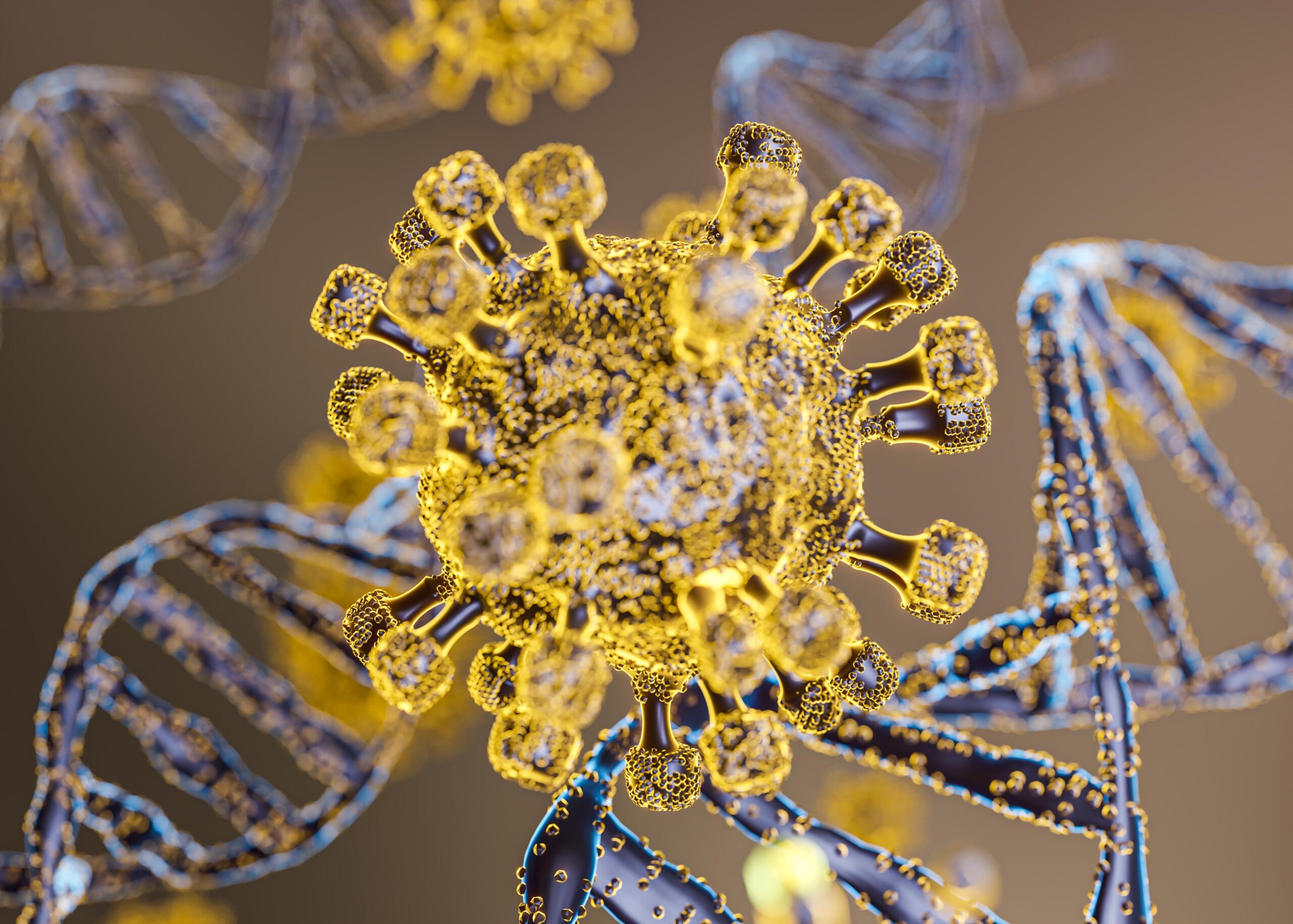Gynecomastia, often referred to colloquially as “man boobs,” is a condition where men develop excess breast tissue. While this condition is often seen as a cosmetic issue, it goes far beyond just appearance. For many men, gynecomastia is tied to an underlying hormonal imbalance, and understanding how hormones affect the body can be key to treating it.
In a state like New York, where health and fitness are priorities for many, this issue can be especially frustrating. Men may find themselves working out regularly, eating well, and staying active, yet still struggling with gynecomastia and weight resistance. The answer to this persistent issue may lie in hormonal balance—and not just focusing on body fat or muscle gain.
What Is Gynecomastia?
Gynecomastia occurs when the balance of the hormones estrogen and testosterone is disrupted. In men, testosterone is the primary hormone responsible for maintaining muscle mass, fat distribution, and overall masculinity, while estrogen plays a role in female development. When estrogen levels rise relative to testosterone, the body may begin to store fat and create more breast tissue, leading to the appearance of enlarged breasts.
While gynecomastia can affect men of all ages, it is particularly common during puberty or in older age when testosterone naturally declines. In New York, where lifestyles often revolve around intense physical activity and high expectations of performance, this condition can feel like an unfair setback, leaving men frustrated with their bodies.
The Role of Hormones in Weight Resistance and Gynecomastia
Many men in New York who struggle with gynecomastia also experience weight resistance—that frustrating plateau where no matter how hard they work out or diet, the weight won’t come off, and fat seems to linger. Hormonal imbalances, particularly with insulin and cortisol, can make weight loss difficult, and the body may prioritize fat storage, especially in areas like the chest and abdomen.
1. Testosterone and Estrogen Imbalance
Testosterone plays a major role in fat distribution and muscle maintenance. When testosterone levels are low, estrogen can have a stronger effect on the body, contributing to the accumulation of fat around the chest and belly. The imbalance between testosterone and estrogen creates the conditions that allow gynecomastia to develop, making it harder for men to lose weight or tone their bodies, despite all their efforts.
In New York, where body image and fitness are often highly prioritized, men experiencing this imbalance may feel even more pressure to “fix” their appearance, often without addressing the root cause: their hormonal imbalance.
2. Cortisol and Stress
Cortisol, the body’s primary stress hormone, also plays a role in weight resistance. When cortisol levels remain elevated due to chronic stress, the body enters a survival mode, storing fat, particularly in the abdominal area. This process can worsen gynecomastia and make weight loss even more challenging.
In high-stress environments like New York, where fast-paced work schedules and constant pressure to perform can elevate stress levels, managing cortisol is just as important as managing diet and exercise.
3. Insulin Resistance and Fat Storage
Insulin resistance is another hormonal issue that can contribute to weight resistance and gynecomastia. When the body becomes less responsive to insulin, it has trouble regulating blood sugar, leading to higher insulin levels that promote fat storage. As a result, fat tends to accumulate in areas like the chest and abdomen. Men with insulin resistance in New York may find it difficult to lose fat despite maintaining a healthy diet and exercise routine.
The Key to Managing Gynecomastia and Weight Resistance
Rather than focusing solely on diet or exercise, a more effective approach to managing gynecomastia and weight resistance in New York involves addressing the hormonal imbalances that are at the root of these issues. Here are a few strategies to help regulate hormones and improve body composition:
1. Increase Testosterone Naturally
Testosterone levels naturally decline as men age, but there are several ways to boost testosterone production naturally. Strength training, for example, has been shown to significantly increase testosterone levels. This is crucial for men with gynecomastia, as higher testosterone levels can help reduce estrogen dominance and promote fat loss in the chest area.
2. Improve Insulin Sensitivity
Managing blood sugar and insulin sensitivity is key to tackling weight resistance. Eating a balanced diet with a focus on whole foods and limiting processed sugars can improve insulin sensitivity, allowing the body to regulate fat more effectively. Regular exercise, especially strength training and cardio, can also improve insulin sensitivity, making it easier for the body to burn fat rather than store it.
In New York, where access to healthy food options is abundant, adopting a diet rich in whole grains, lean proteins, healthy fats, and fiber can support hormonal health and assist with fat loss.
3. Manage Stress and Lower Cortisol
Since chronic stress leads to high cortisol levels, managing stress is essential for weight loss and gynecomastia management. Practicing mindfulness, deep breathing exercises, yoga, or simply spending time outdoors can lower cortisol levels and reduce the body’s tendency to store fat.
In New York, where work-life balance can often be out of reach, carving out time for relaxation and stress relief is more important than ever. Taking regular breaks and engaging in activities that reduce stress can help manage cortisol and support overall well-being.
Seeking a Comprehensive Approach
The key to managing gynecomastia and weight resistance lies in understanding the interplay between hormones like testosterone, estrogen, insulin, and cortisol. Men in New York who are battling these conditions may feel isolated or frustrated, but addressing hormonal health can lead to more sustainable results than relying on diet or exercise alone.
By focusing on hormone regulation through lifestyle changes like exercise, diet, and stress management, men can reclaim their bodies and improve their overall health. Rather than viewing these issues as obstacles, they can see them as opportunities for a deeper understanding of how their bodies function, and how they can make the necessary adjustments to feel confident and strong.
Reclaiming Your Health Through Hormonal Balance
Gynecomastia and weight resistance are complex conditions often linked to hormonal imbalances. Men in New York experiencing these challenges should not simply accept them as a part of aging or stress. By focusing on optimizing hormonal balance, particularly testosterone, and addressing factors like insulin resistance and cortisol levels, men can effectively manage these conditions and achieve lasting health benefits. The key is a comprehensive, balanced approach that prioritizes hormonal health alongside physical activity and mindful living.
By embracing this mindset, men can overcome obstacles, improve their well-being, and regain confidence in their bodies. In New York, where the pursuit of health and fitness is part of the culture, taking charge of hormonal balance can help men feel better physically and mentally, leading to an enhanced quality of life.



